Celebrity chef Andrew Gruel has taken a definitive stand against opening more businesses in California citing the need for systemic changes.
During his recent appearance on “Varney & Co.,” he stated, “I will not open another business in California until they actually fix things on a go-forward basis.”
Maintaining a Single Location
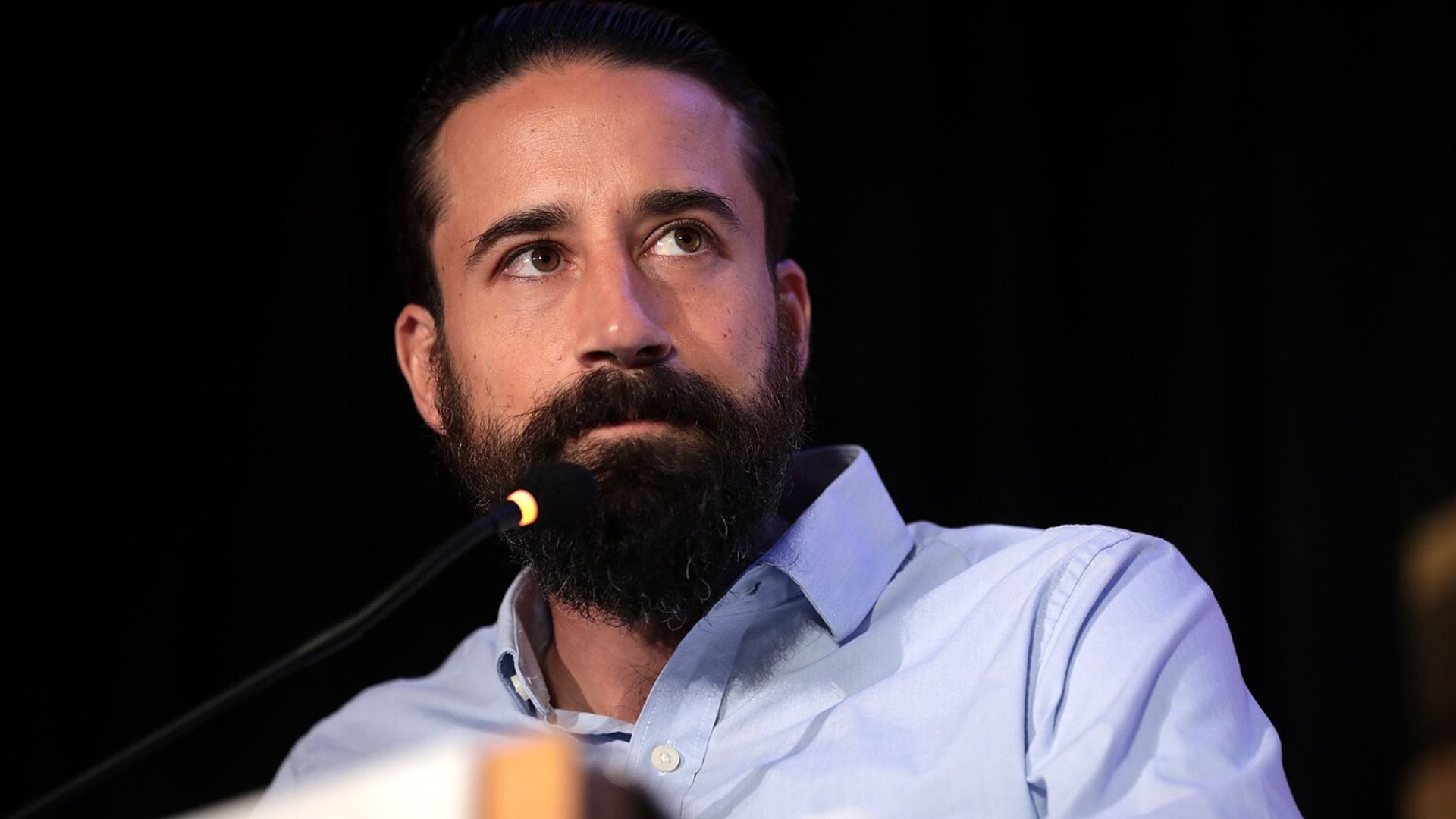
Despite his expansive business ventures, Chef Gruel plans to maintain only one existing restaurant in California.
His future business efforts will be focused outside the state, aiming to “franchise out of the state,” showcasing a strategic pivot in response to the current business climate.
Crime Impacting Business Foundations

Chef Gruel attributed part of the economic strain on businesses in California to rising crime rates.
He argued that the increase in crime has “really ripped apart the social fabric that we know of as the foundation of businesses,” affecting their operations and community standing.
The Burden of Over-Regulation
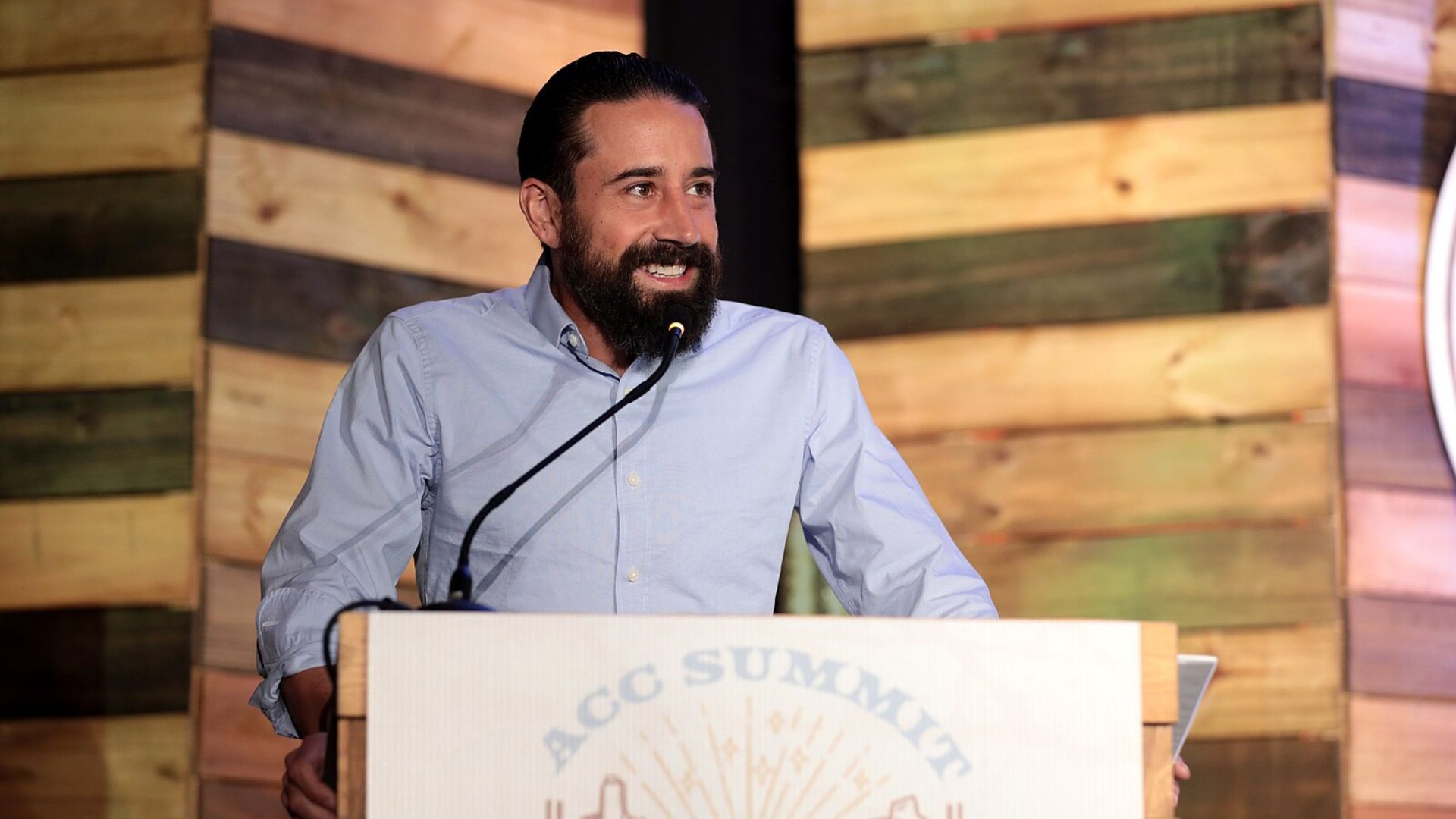
In his critique of California’s regulatory environment, Gruel mentioned that the state’s bureaucrats have added layers of unnecessary regulations that negatively impact businesses, particularly in the restaurant and retail sectors.
These regulations, he noted, seem almost arbitrarily conceived by officials who were “working remotely.”
Criticism of Tax Policies

Addressing California’s fiscal policies, Chef Gruel expressed concerns over the state’s approach to taxation, which he believes is detrimental to business sustainability.
He argued that “You can’t tax your way out of this, but for some reason, the governments continue to think that they can.”
New Minimum Wage Increases Operational Costs

The recent increase in the minimum wage for certain fast food restaurants in California has sparked significant debate.
Effective April 1, the wage was raised from $16 to $20, as part of efforts to ensure “fairer wages, safer and healthier working conditions,” according to statements made by Governor Gavin Newsom when he signed Assembly Bill (AB) 1228 into law.
Significant Closures by Rubio’s Coastal Grill

In response to the new wage policy, Rubio’s Coastal Grill took drastic measures by shutting down 48 of their locations in California.
This decision was attributed to the rising costs of doing business in the state, reflecting the challenging economic environment for food service establishments.
Detailed Breakdown of Wage Increase Costs

Chef Gruel provided a detailed financial breakdown of how the new minimum wage increase could potentially impact restaurants financially.
He estimated that for a typical restaurant like Rubio’s Coastal Grill, this increase could translate to an additional annual expense of about “$300,000 a year.”
Broad Discontent with State Policies
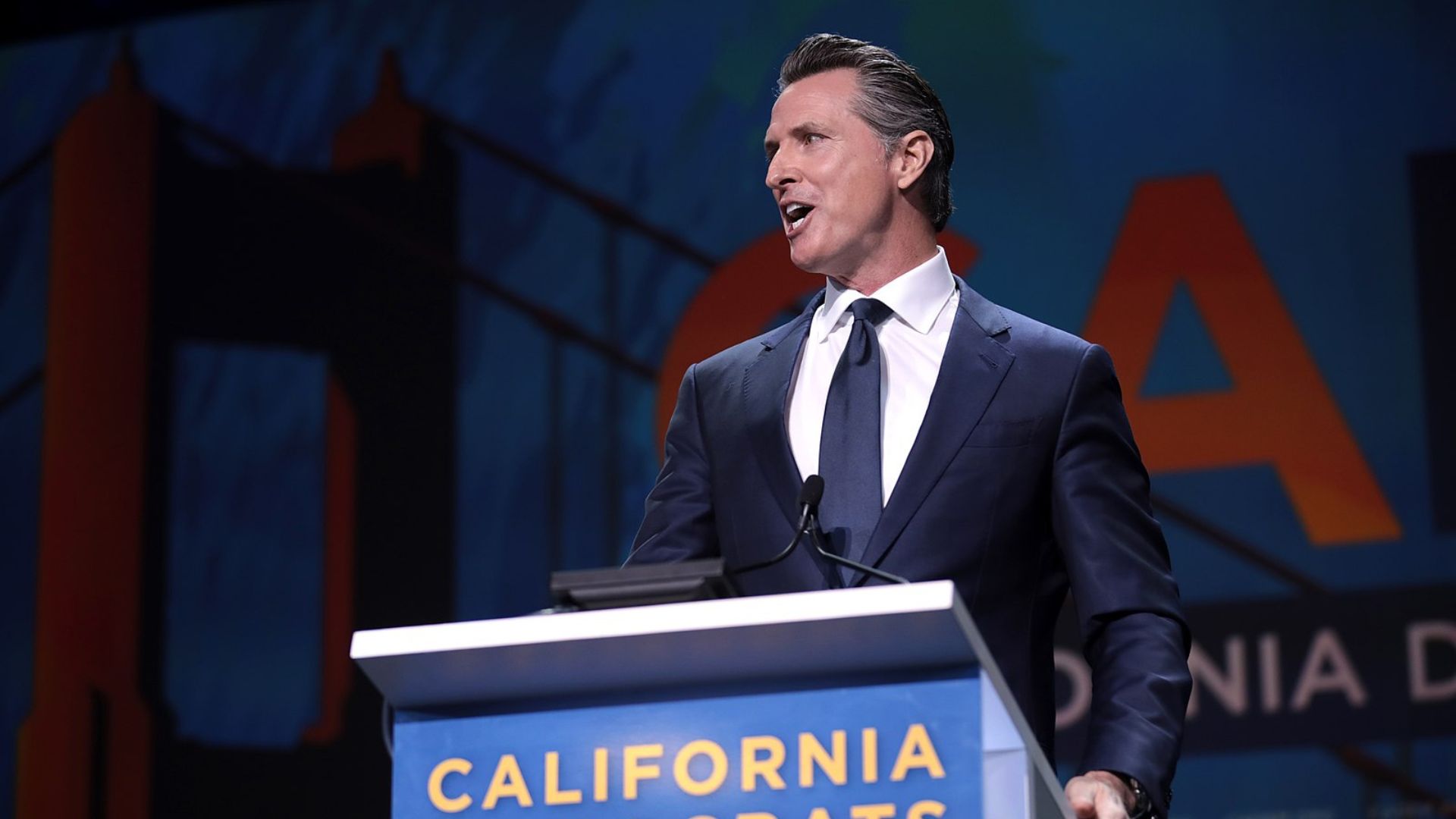
These policies, initiated under Governor Gavin Newsom’s administration, have been met with discontent from various business owners, especially those in the food industry.
The economic pressures from these policies are seen as a significant factor influencing business decisions.
Projecting a Challenging Future for Businesses
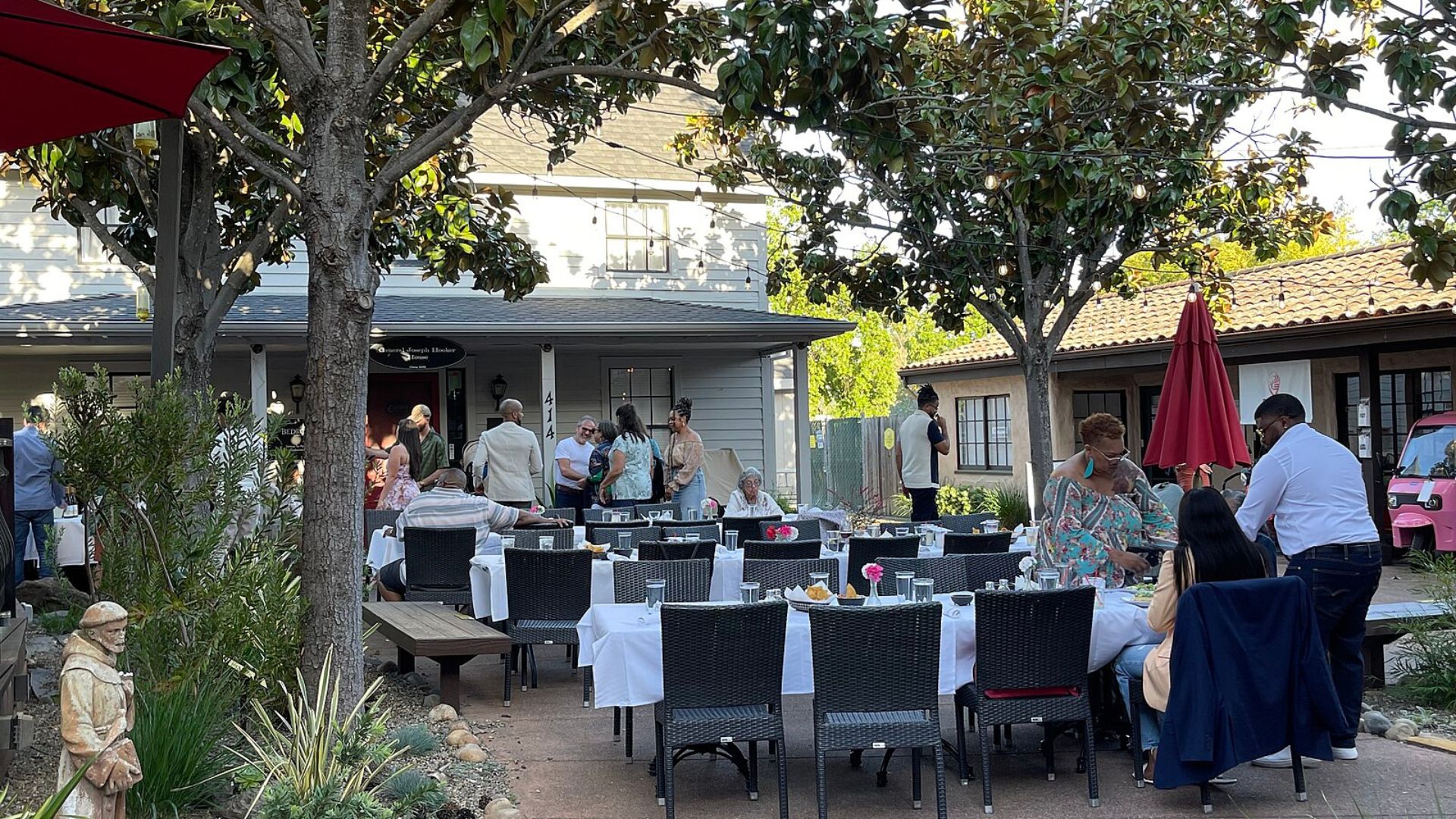
The amalgamation of high crime rates, stringent regulations, and aggressive tax policies in California are projected to continue impacting the business landscape negatively.
These factors collectively contribute to a less favorable environment for business operations and growth within the state.
The Economic Ripple Effects of Increased Crime

The escalation of crime has not only directly affected businesses but also indirectly influenced them by degrading the community environment.
This decline in community safety and cohesion has further repercussions on local businesses, impacting their daily operations and profitability.
The Need for Statewide Reforms
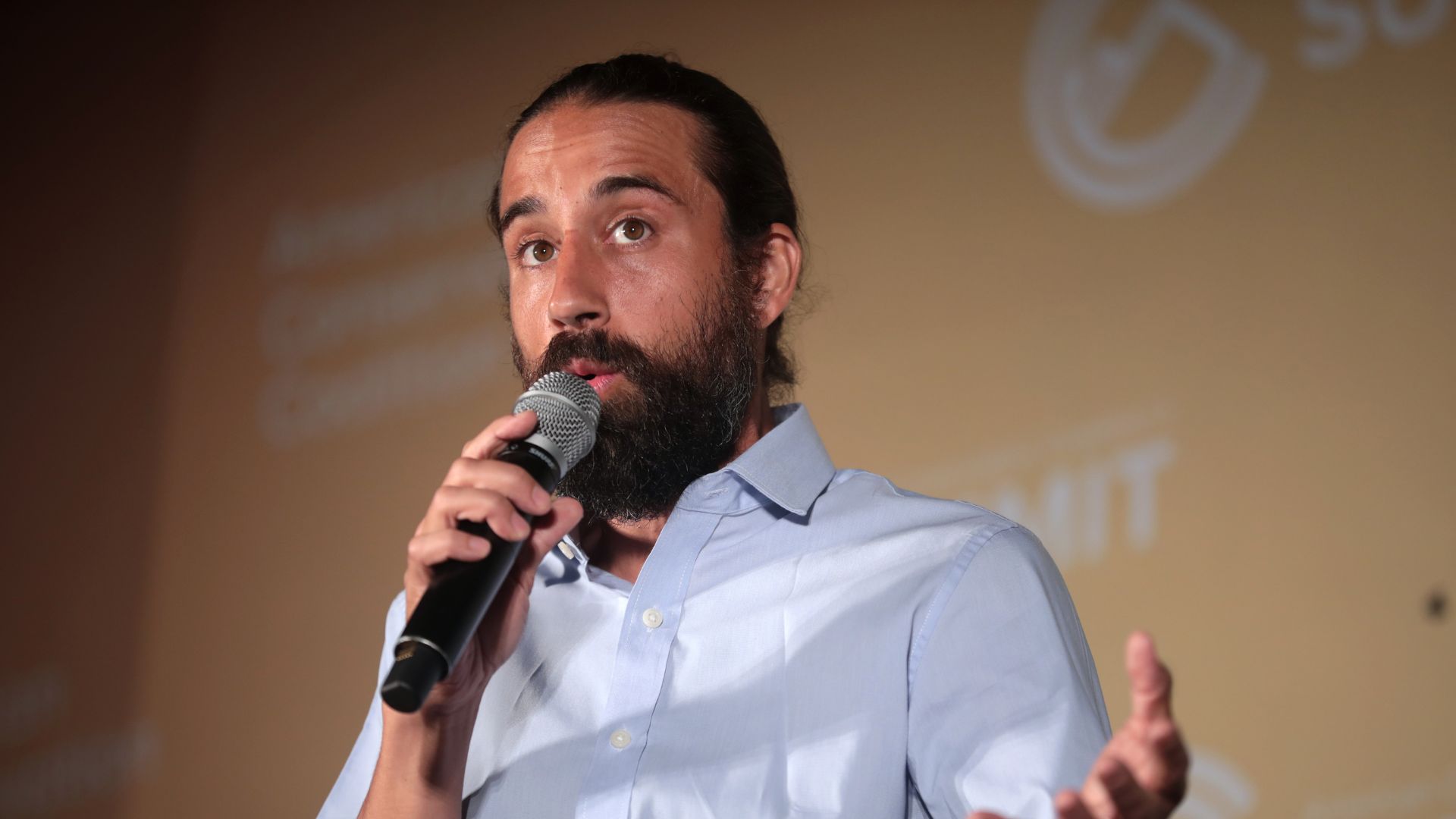
In his discussions, Chef Gruel emphasized the necessity for substantive reforms in California’s approach to business, crime, and regulatory management.
His remarks have ignited a broader conversation on the state’s economic strategies and their effectiveness in fostering a healthy business ecosystem.
